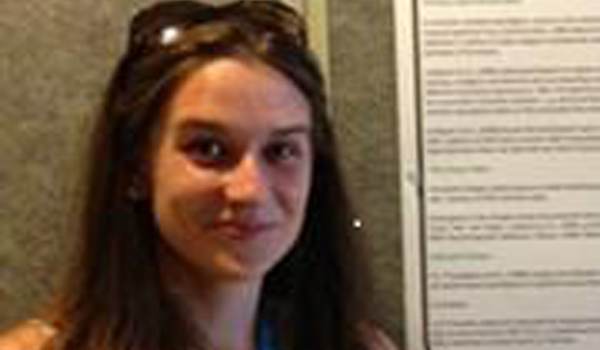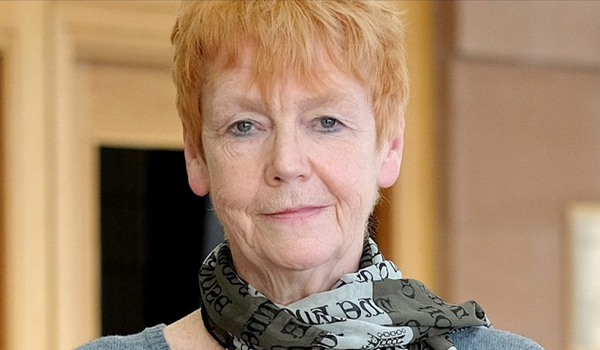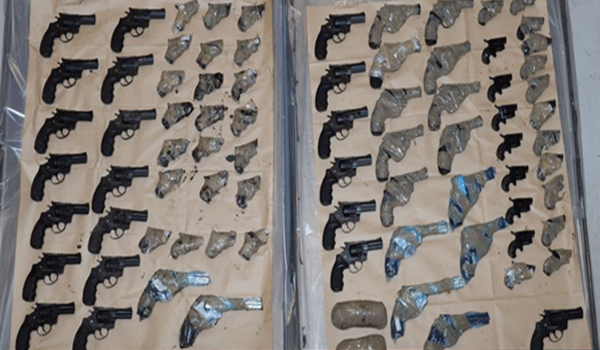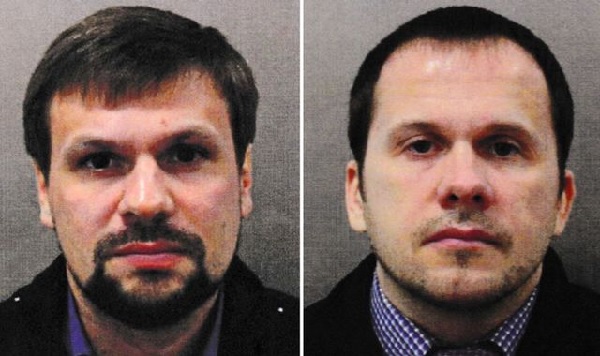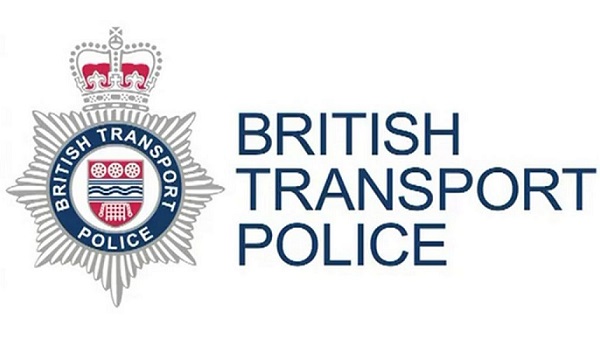Research could improve recruitment and deployment of ‘super-recognisers’
A new study suggests that many of the individuals working as so-called “super recognisers” may not be as gifted at spotting faces as initially thought because the tests used to identify their skills are too limited to fully assess their true abilities.
Super recognisers are recruited on the basis that they possess exceptional recognition abilities, often remembering the faces of those they have only briefly encountered or have not seen for many years. Although the identifications they make cannot be used as evidence in court, they have proved extremely useful in many cases, helping to find suspects on CCTV or reviewing archival footage of linked crimes to identity repeat offenders.
Recruits are drawn from the ranks of volunteers who believe they have a knack for this kind of work and then undergo a computer-based test that involves memorising and then recalling a set of unfamiliar faces. However, a team from Bournemouth University has found that people are not very well equipped to judge their skill in this area and often are not as good at identification as they think they are.
The team set out to devise a more rigorous test and used 200 self-selected participants to assess which combination of tasks were best at identifying the most consistent face-recognisers. They found that results were better when abilities were tested in multiple ways.
For example, some participants displayed only average performance on face memory tests but excelled in tasks that involved deciding whether a pair of faces depicted the same person.
Similarly, some participants fared well in the standard computer-based memory test but not a newer test involving memorising and recalling very different images of the same face with different angles, lighting and facial expressions. Others did well in the new test but not the standard one, while the most consistent performers did well in both. This suggests using a single measure of face recognition ability might show participants to be better or worse than they really are. Multiple tests provide a more reliable estimate of ability.
Writing for the academic website, The Conversation, Dr Emma Portch, a Lecturer in Psychology and lead researcher on the study, said: “These findings support the argument that current simple tests may identify some people as super recognisers who aren’t actually all that good at facial recognition, and miss other better performers.
“The results also make the case for matching super recognisers to different tasks depending on their strengths. For example, people with strong face-matching abilities would be better at matching suspects or missing persons across different photographic or video examples. Those with strong face memory skills would be better at selecting potential repeat offenders from lots of archival images.”
Additional collaborative research is now taking place between academics and representatives of law enforcement in the hope of producing better ways of identifying super recognisers and then matching them to the most suitable tasks.


